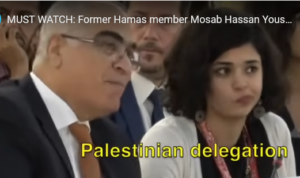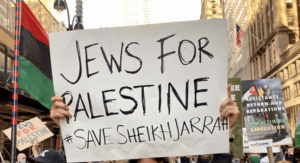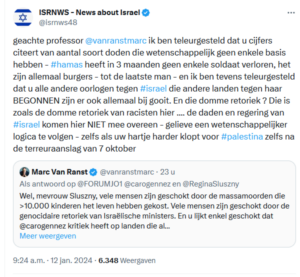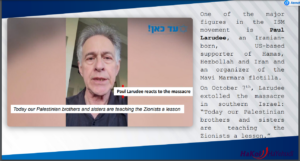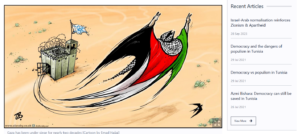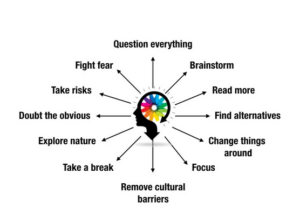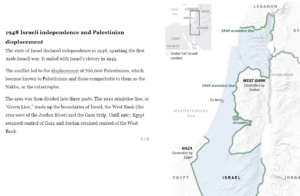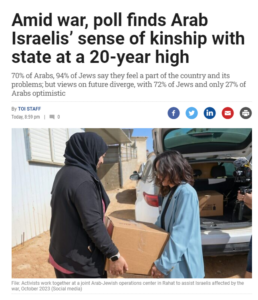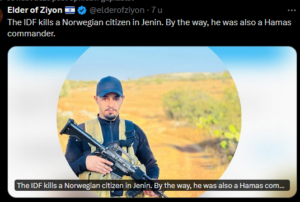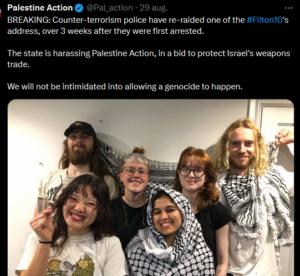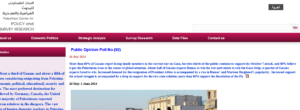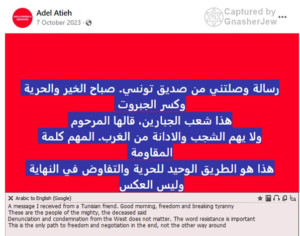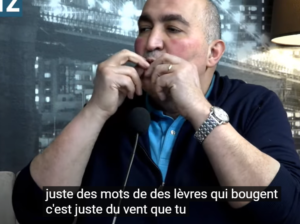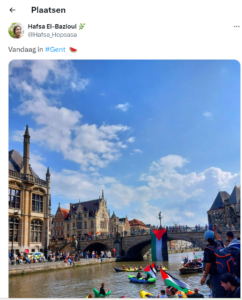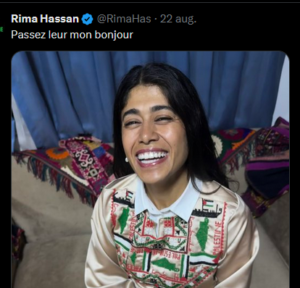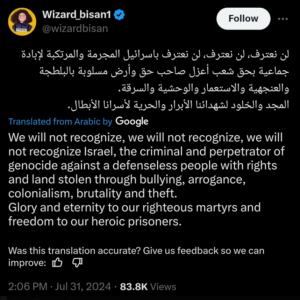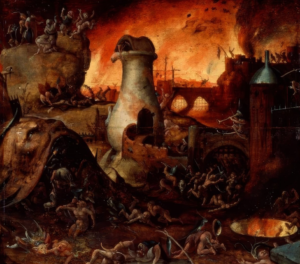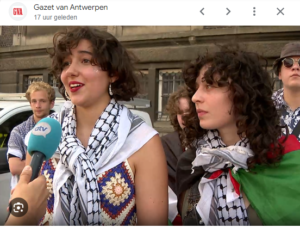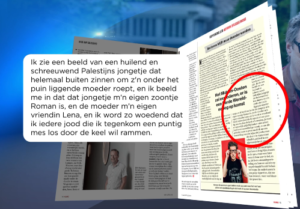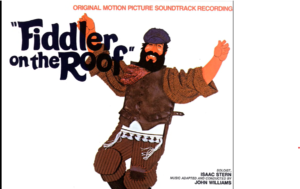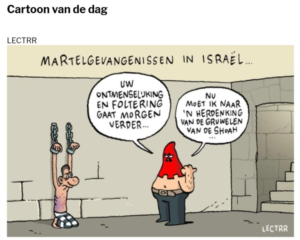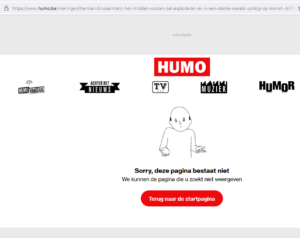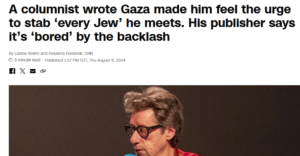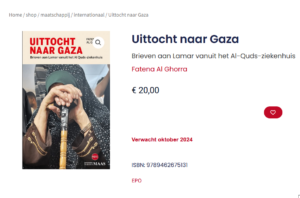Een mooi verhaal over een generationeel conflict in een Joodse familie over Israel na 7 oktober
Het is fout om te stellen dat in Joodse families en daar waar respect voor Israel buiten elke religieuze verbintenis normaal was, iedereen na 7 oktober en vooral na militaire invasie op 20 oktober zomaar blindelings akkoord ging met de gekozen strategie. Veel van die discussies lopen trouwens ook vast omdat men niet eerst zoekt waarover men wel akkoord is vooraleer te praten over waar men niet over akkoord gaat. In die omgekeerde richting discussiëren is veel efficiënter – zeker binnen families – dan dat elkeen zich blijft ingraven in de opinies waar men met elkaar helemaal niet akkoord is.
Dit is een deel van een open brief van een Jood in de Washington Post over het familiediner (in tekst zodat de vertaalmachines kunnen werken)
citaat “And, I am obliged to confess, the narrative of Israel’s founding that Jewish children of my generation were offered in Hebrew school and on trips to Israel was deeply misleading at best, tinged with anti-Palestinian bias at worst. This account utterly failed to acknowledge the expulsion of Palestinians from their homes in 1948 or consider Palestinians’ legitimate claims to a homeland. The tenor of our rabbi’s sermons, the discussions in my childhood home, were that Israel could do no wrong.
My children grew up in a different environment — more honest about the contours of the conflict, more complex in the nature of the political discussion, and more fraught. They have scarcely known an Israel without Netanyahu, which is to say an Israel whose aggressive settlement policy that has made a two-state solution increasingly unattainable, and an Israel that fails to treat Palestinians with fairness and dignity.
It is, in short, an Israel that has made itself hard to love. My love for Israel is strong enough to survive my exasperation with the policies of its current government. It might be unrealistic to expect the same of my daughters. It is hard to demand that Israel constitute a central part of their Jewish identity when Israel’s behavior, during their conscious lifetimes, has been so impossible to defend.
So, we confront the events of Oct. 7 and its terrible aftermath, including the bloodshed in Gaza, from different baselines, clashing perspectives that have generated painful conversations, and tears on both sides.
I am disappointed that, as much as they recognize the horrors of the Holocaust and the “never again” imperative, they do not link that tragedy to the accompanying imperative of Israel as a Jewish homeland. I blame myself for having failed to instill that lesson, and for not having done a better job at convincing them of the interconnectedness of Judaism and Zionism. I worry that they underestimate the persistence of antisemitism and overestimate the willingness of Israel’s neighbors to tolerate a Jewish state.
In turn, they are disappointed at what they see as my reflexive tribalism and my deficit of empathy for the suffering of innocent Palestinians. For them, a deeply felt Jewish identity does not inexorably demand commitment to Israel; the two can be disaggregated.
Judaism teaches the duty to care for the stranger, my daughter reminded me, when I said our charitable contributions would go to ease suffering in Israel, not Gaza. Hadn’t I taught her better than that? My pride in having helped raise a caring person collides with my worry that she does not fully grasp the evils of the world in which we live.
Perhaps that is the essence of youth. But perhaps the bond of young American Jews with Israel, already frayed, has irretrievably severed with Oct. 7 and what many view as an Israeli response that has killed too many innocent civilians.” einde citaat

